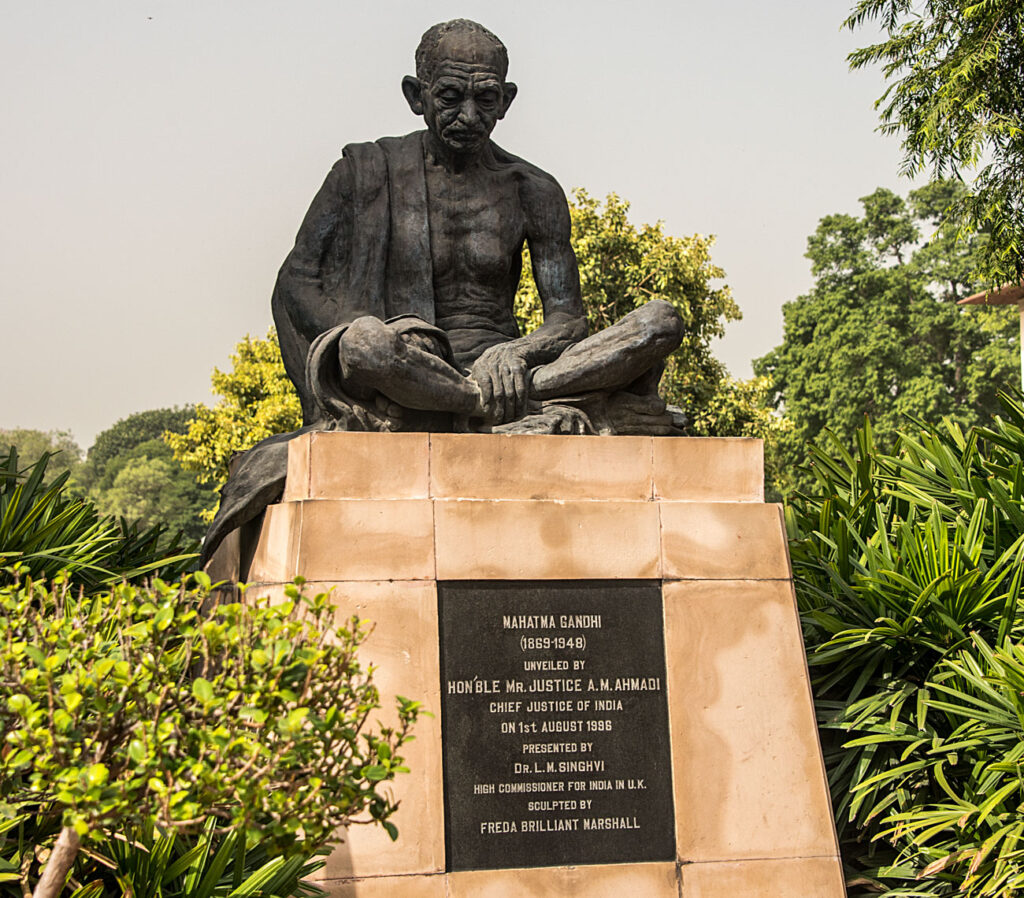- Asks senior police officer to examine non-inclusion of cognisable charges in FIR
New Delhi, Sept 25.
The Supreme Court on Monday questioned the Uttar Pradesh government’s delay in filing an FIR and also the quality of education being imparted to children in the state over an incident in which a Muslim kid was shown being hit by other kids under the teacher’s exhortation in a viral video.
The court also questioned the non-inclusion of cognisable sections covering the communal angle in the FIR and ordered that the case be investigated by a senior IPS ranked officer to be nominated by the state in a week.
He will examine whether such cognisable offences ought to have been included in the FIR. The FIR filed by the state two weeks after the incident did not have any reference to the father’s allegation that the child was targeted over his religion, the bench noted.
The bench also asked several searing questions of the state government on whether it was implementing the right to education in both letter and spirit to children in the state.
The Act mandates all state governments to provide uniform, quality education to all sections of society. The school in which the incident took place was an unrecognised private institution.
The bench sought to know the status of the school after the incident and if the children, including the victim, had been offered any kind of counselling to recover from the trauma they had undergone.
The bench sought a compliance report from the state showing that the victim and the other kids had been shifted to other schools for proper education under the Right to Education Act.
A video showing the seven-year child being hit at the teacher’s instigation had gone viral causing much outrage. The incident involved Neha public school in Muzzafarnagar, UP. Lady teacher Tripta Tyagi was shown exhorting children in the class to hit the child.
The bench, comprising Justices Abhay Oka and Pankaj Mithal, observed that the incident prima facie showed the state’s failure to comply with the mandate of the law which clearly bars physical and mental harassment of children in school as also non-discrimination on the grounds of religion.
“Is this quality education? What kind of education is being imparted,” the bench wondered questioning the absence of the video transcript in the FIR. “There can’t be quality education if a student is penalised only on the ground of religion.”
It sought a compliance report from the state on implementation of the National Commission of Child Rights’ guidelines against harassment and cruelty to children in schools as well.
The issue was raised in court by Tushar Gandhi, the grandson of Mahatma Gandhi, through advocate Shadan Farasat. He pointed out that the FIR only contained sections 323 (voluntarily causing hurt) and 504 (intentional insult to breach peace) of the IPC and Section 75 of the Juvenile Justice Act.
It did not include either Section 153A or other provisos of Section 75 of the JJ Act, which provide for a greater punishments for the act, he argued. The bench impleaded the UP Education Department to answer these questions and listed the case for a further hearing on Oct 30.
During the hearing, the state questioned Gandhi’s locus to file the case. We respect the Mahatma but he can’t use this label every time to move the court, the law officer dealing with the case said.
The bench said that locus was immaterial as this was a serious issue, and the court could well institute a suo motu case on it, brushing off the objections.

